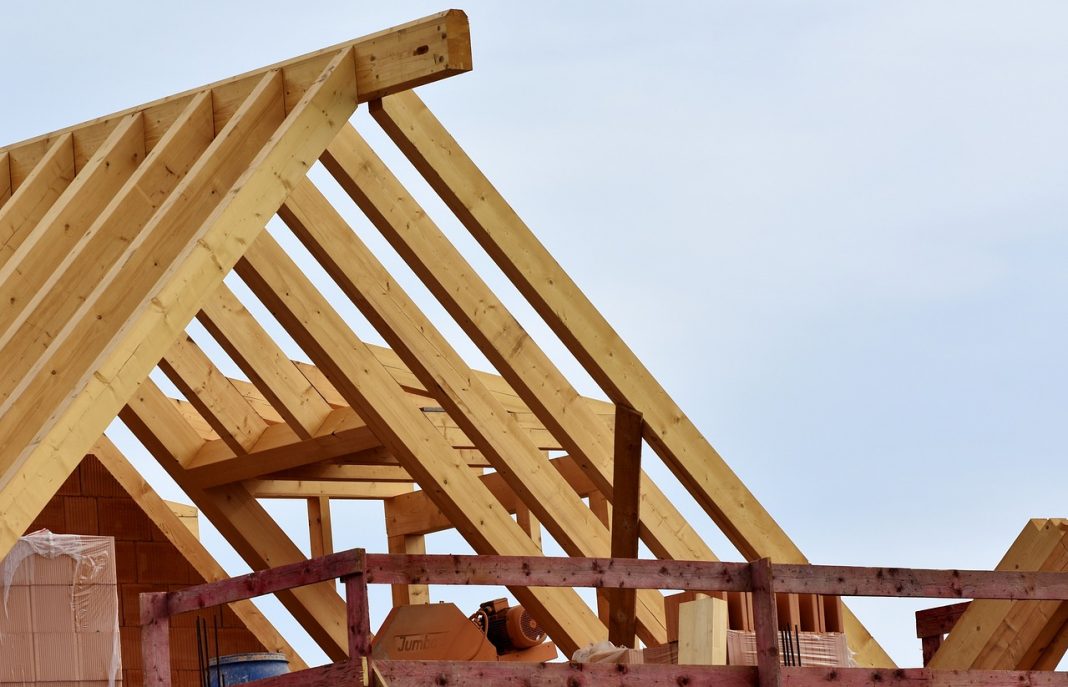Local authorities in Hull, Harrogate, North East Lincolnshire, and Rother Valley have been awarded a share in government funding to build homes on derelict land, the Department for Levelling Up, Housing and Communities has announced.
Almost £35 million from the £180 million Brownfield Land Release Fund 2 has been allocated to them and 37 other councils to help kickstart regeneration in towns and cities.
The funding will bring unloved, council-owned land back into use, by transforming redundant industrial sites, disused car parks and derelict buildings into new places for people to live.
A total of 59 regeneration projects will see over 2,200 homes – including over 800 affordable ones – built for local communities. This will help more young people and families onto the housing ladder and generate up to 7000 new jobs in housing and construction.
Minister for Housing Rt Hon Lucy Frazer said: “We are helping local communities transform unwanted, urban eyesores into thriving places that people are proud to call home.
“Regeneration is at the heart of our levelling up mission and this new brownfield first fund will help communities across the country unlock disused, council-owned sites to build more of the right homes in the right places.”
Cabinet Office Minister Alex Burghart said: “This funding is absolutely crucial for stimulating growth and forms part of a push across the whole of government to get the UK economy moving.
“Unused land such as this is ripe for investment and I’m thrilled we’re opening the door for more than 2,200 new property owners to potentially take their first step onto the property ladder.
“This funding is great news for businesses, it’s great news for industry and it’s even better news for local people in these communities who are seeing housing and jobs moving to their area.”
Local areas were invited to bid for a share of the first round of funding from the new scheme. The remaining £140 million will be allocated over the next two years – creating up to 17,600 new homes across the country, as well as support up to 54,000 jobs in the sector.



